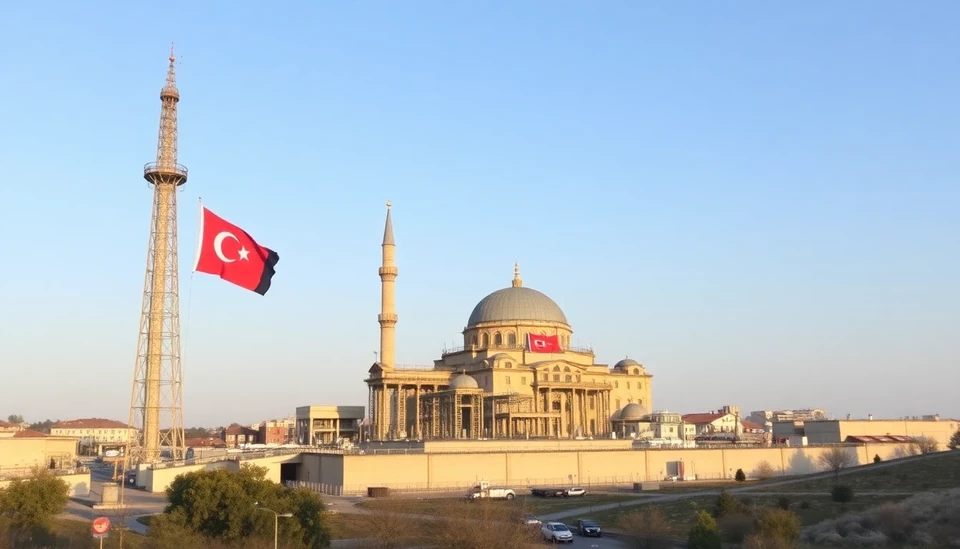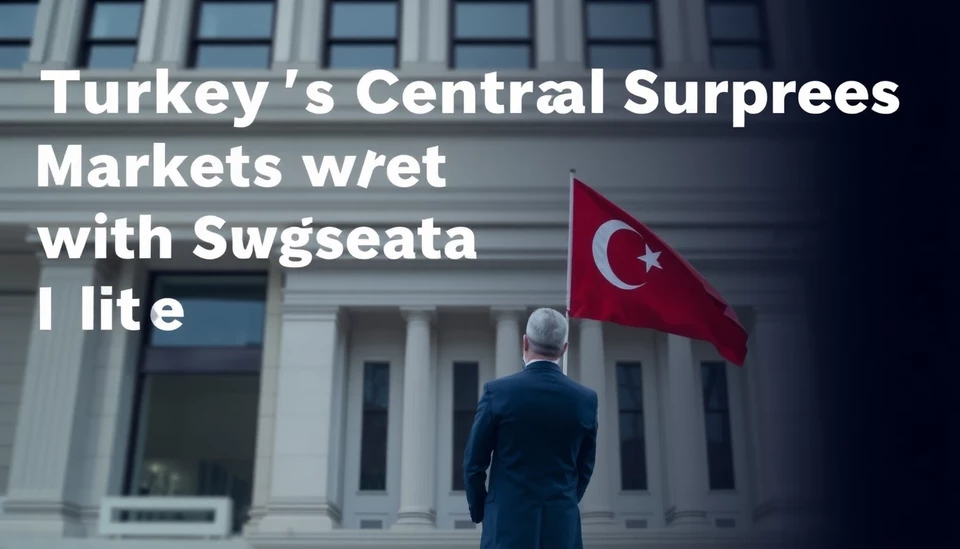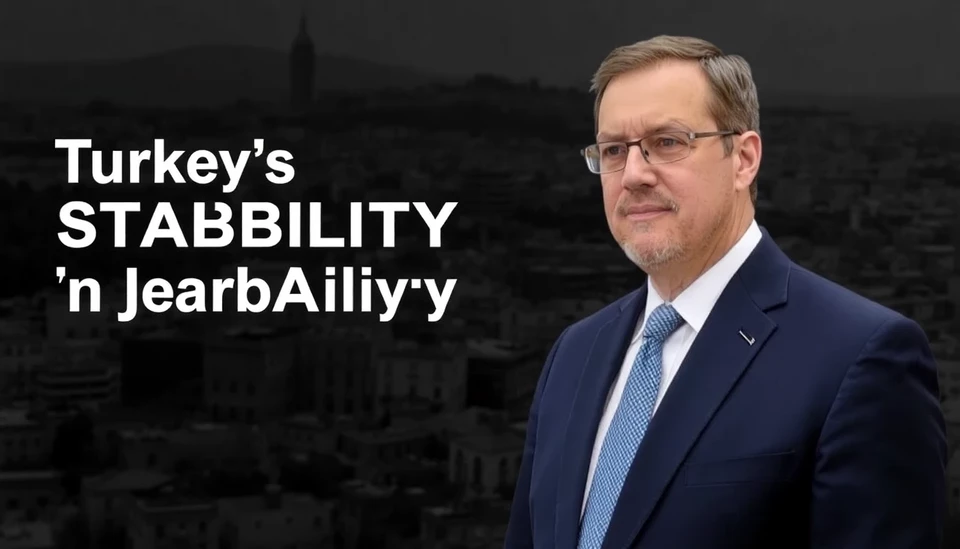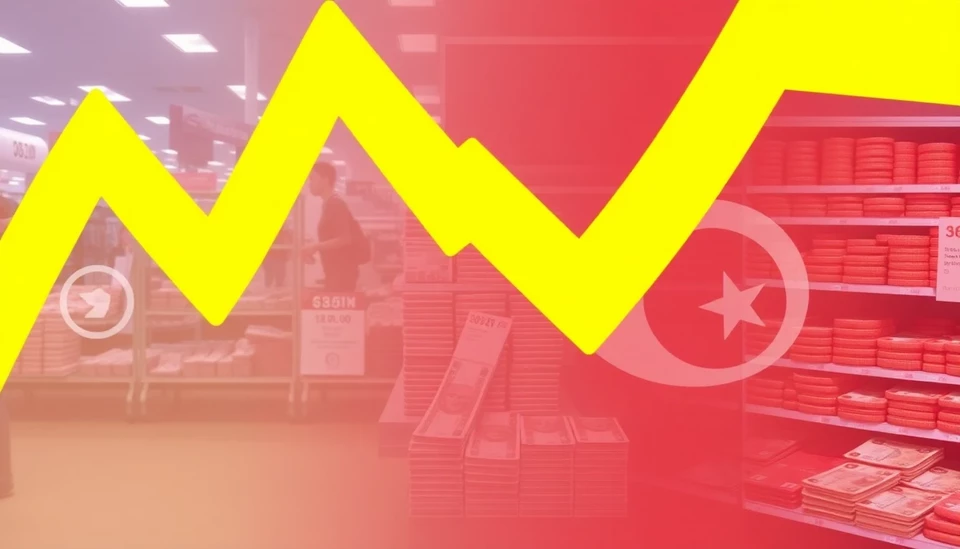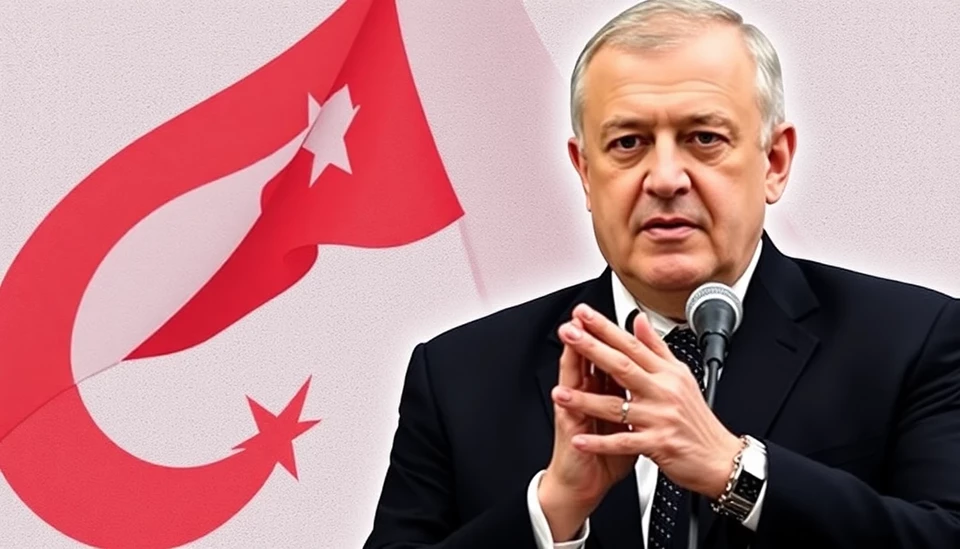
In a significant move aimed at revitalizing its financial markets, Turkey is considering lifting the existing ban on short-selling. This potential shift in policy comes at a time when the Turkish economy is grappling with soaring inflation and a depreciating currency, factors that have deterred foreign investment.
Turkish financial authorities have indicated that the short-selling prohibition, which has been in place to maintain market stability and boost investor confidence, could be reconsidered. Economic policymakers are reportedly examining this option as part of broader efforts to enhance liquidity and attract international capital back into the country.
The short-selling ban was implemented during a period of economic turmoil, primarily to shield the lira from further declines and to control excessive volatility in the stock market. Since its enforcement, Turkey has faced numerous economic challenges, including an inflation rate that surged to over 60% and a currency that has lost significant value against the U.S. dollar.
One of the central tenets of lifting the ban is to foster a more transparent and competitive financial environment. Analysts suggest that short-selling could serve as a mechanism for price discovery, allowing investors to express their views on the market more effectively. Market participants overall believe that reinstating short-selling could alleviate some of the pressure on the Turkish lira and restore some degree of normalcy in trading practices.
Turkey's economy, which has been under strain, is currently in need of foreign capital to support its industries and stabilize the currency. By potentially allowing short-selling, the Turkish government hopes to entice foreign investors who might have previously hesitated under the current restrictions. The restoration of short-selling would signal a willingness for greater market liberalization and could improve the country's reputation among global investors.
Furthermore, the Turkish government has indicated that it seeks to implement comprehensive economic reforms to encourage foreign investments. These reforms might include a review of regulatory frameworks and greater protections for investors, both domestic and foreign, to reassure them of market stability and integrity.
As discussions around this possible policy shift continue, there remains cautious optimism among investors. The eventual decision to lift the short-selling ban will undoubtedly be scrutinized closely, both domestically and internationally, as it could serve as an indicator of Turkey’s broader economic strategy moving forward.
With the global economy facing various challenges, including rising interest rates and geopolitical tensions, Turkey's potential pivot toward a more open financial market could present new opportunities for foreign investors seeking diversification in their portfolios.
As future negotiations unfold, market observers will be keenly watching the developments in Turkey, hoping for positive changes that could signal a new phase for the nation’s investment landscape.
#Turkey #ShortSelling #ForeignInvestment #EconomicReform #Finance #Investing #TurkishEconomy #MarketStability
Author: Daniel Foster
